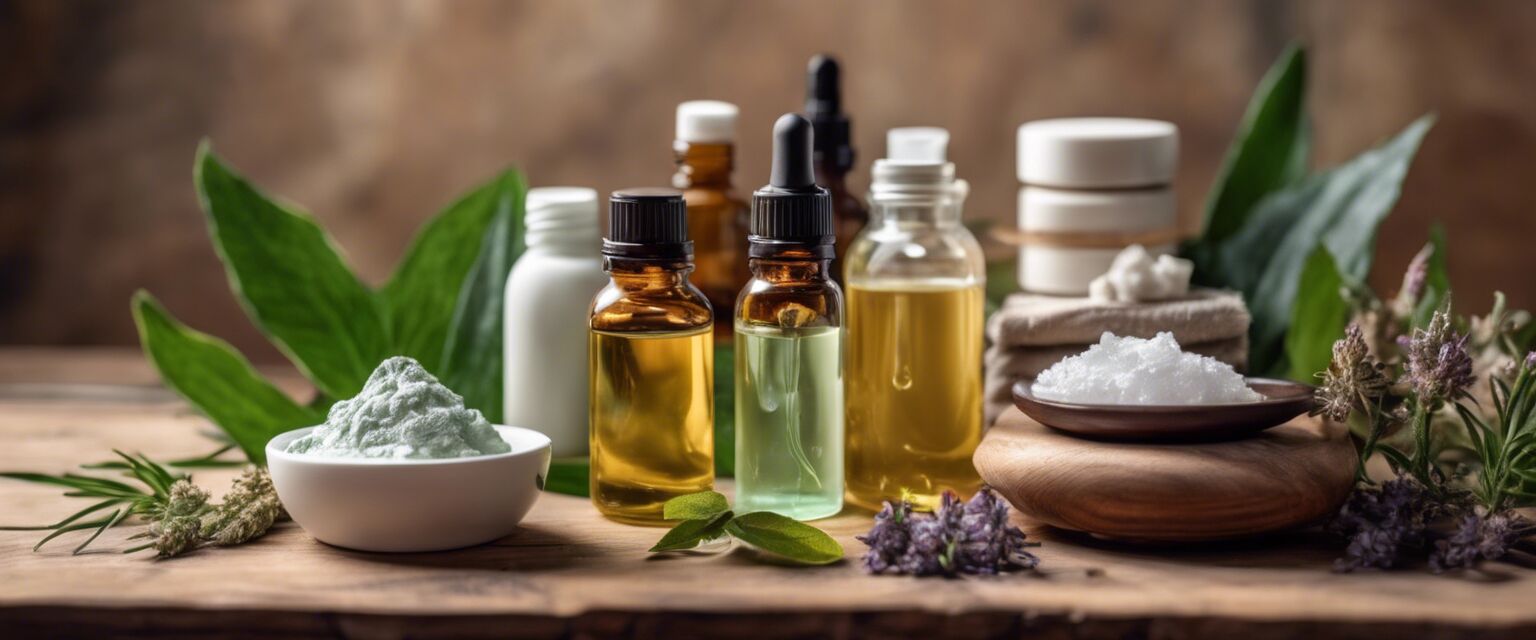
Organic Skincare for Sensitive Skin
Key Takeaways
- Choose products with minimal ingredients to reduce irritation.
- Look for certifications indicating organic and natural ingredients.
- Test new products on a small area of skin before full application.
- Consult with a dermatologist if you have severe reactions.
Choosing the right skincare products is crucial for those with sensitive skin. Organic skincare products can offer gentle alternatives that minimize irritation while nourishing your skin. This guide will provide valuable insights into best practices, product recommendations, and usage guides for organic skincare tailored for sensitive skin.
Understanding Sensitive Skin
Sensitive skin can react adversely to various products, leading to redness, itching, or discomfort. It's essential to understand the characteristics of sensitive skin to select the best organic products. Here are some common signs of sensitive skin:
- Redness or inflammation
- Dry patches
- Itching or burning sensation
- Reactions to skincare products
What to Look For in Organic Skincare Products
When selecting organic skincare products, consider the following factors:
- **Ingredient Transparency:** Look for brands that disclose all ingredients.
- **Certifications:** Seek products that are certified organic or hypoallergenic.
- **Fragrance-Free Options:** Synthetic fragrances can aggravate sensitive skin.
- **Minimal Ingredients:** Fewer ingredients often mean less risk of irritation.
Best Organic Ingredients for Sensitive Skin
Some organic ingredients are particularly beneficial for sensitive skin:
| Ingredient | Benefits |
|---|---|
| Aloe Vera | Soothes and hydrates the skin |
| Chamomile | Reduces inflammation and calms irritation |
| Jojoba Oil | Mimics skin's natural oils, providing moisture |
| Shea Butter | Deeply nourishes and protects the skin barrier |
Product Recommendations for Sensitive Skin
Although we won't recommend specific products, here are categories to consider exploring:
- Gentle Facial Cleansers - Look for sulfate-free options that cleanse without stripping the skin.
- Hydrating Moisturizers - Choose creams and lotions rich in nourishing oils.
- Calming Serums - Serums with calming active ingredients can soothe irritated skin.
- Soothing Face Masks - Masks that feature natural ingredients can provide relief.
How to Use Organic Skincare Products
Proper application of skincare products is vital for achieving the best results, especially for sensitive skin. Follow these steps:
- **Patch Test:** Always conduct a patch test for new products on a small skin area.
- **Cleanse Gently:** Use a gentle cleanser to remove impurities without irritation.
- **Moisturize:** Apply a hydrating moisturizer while the skin is still damp to lock in moisture.
- **Apply Treatments:** If using serums or treatments, apply them after moisturizing for better absorption.
- **Sunscreen:** Always finish your routine with a suitable sunscreen during the day.
Common Mistakes to Avoid
When using organic skincare products, avoid these common pitfalls:
- Using too many products at once, which can lead to irritation.
- Skipping sunscreen, which is vital for protecting sensitive skin.
- Not allowing products to absorb before applying others.
- Ignoring the expiration dates of products.
Pros
- Natural ingredients can be gentler on the skin.
- Often free from harmful chemicals and preservatives.
- Eco-friendly options available.
- Can improve skin texture over time.
Cons
- Some organic products may be pricier than conventional ones.
- Not all products are suitable for all skin types.
- May require longer to see results compared to synthetic products.
- Potential for allergic reactions to natural ingredients.
Conclusion
Organic skincare can be a great choice for individuals with sensitive skin. By choosing products carefully and following best practices, you can create a routine that calms and nourishes your skin without causing irritation. Remember, always consult with a skincare professional if you have specific concerns or reactions.
Tips for Beginners
- Start with one product at a time to gauge your skin's reaction.
- Keep a skincare diary to track what works and what doesnât.
- Stay informed about new organic ingredients and research their benefits.
- Consider seasonal adjustments to your skincare routine.












